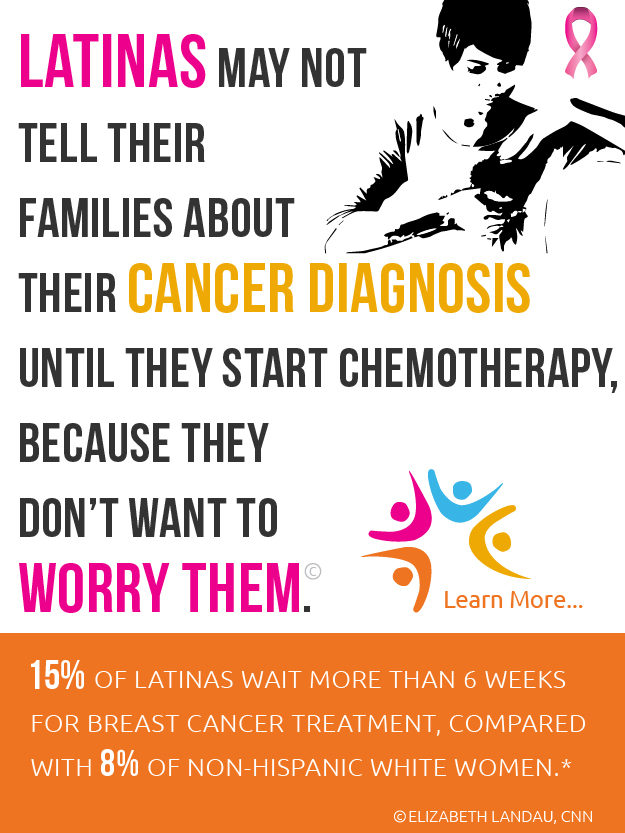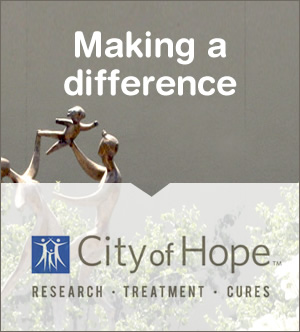
Possible Alzheimer's prevention breakthrough reported
08/08/2019 06:00AM | 5746 viewsResearchers at University of New Mexico researchers believe they may have found a way to prevent Alzheimer's disease, reports CBS Albuquerque affiliate KRQE-TV.
UNM's Health and Sciences Department Associate Professor Kiran Bhaskar, who's been passionate about studying the disease for the last decade, says the search for a cure started with an idea in 2013.
"I would say it took about five years or so to get from where the idea generated and get the fully functioning working vaccine," he says.
Bhaskar and his team started to test the vaccine on mice.
"We used a group of mice that have Alzheimer's Disease, and we injected them over a series of injections," says PhD student Nicole Maphis.
Maphis says the vaccine targets a specific protein known as tau that's commonly found in the brains of Alzheimer's patients.
Maphis was pleased with test results.
"These antibodies seem to have cleared (out) pathological tau. Pathological tau is one of the components of these tangles that we find in the brains of patients with Alzheimers Disease," she explains. The response lasted for months, UNM says.
Those long tangles "disrupt the ability of neurons to communicate with one another," the school points out, adding that tau is "normally a stabilizing structure inside of neurons."
The mice were then given a series of maze-like tests. The mice that received the vaccine performed a lot better than those that hadn't.
Despite that, Maphis and Bhaskar say this isn't a complete success just yet. Being able to get the vaccine to people will not only take a few more years, but could cost up to $1 billion.
"We have to make sure that we have a clinical version of the vaccine so that we can test in people," Bhaskar says.
Testing just a small group would cost the UNM Health Sciences Department $2 million. Right now, Maphis and Bhaskar are looking for partnerships to help them toward a clinical grade vaccine.
Once they develop a vaccine that's safe for humans, they'll have to submit it to the FDA for approval. That might take another five years.
Alzheimer's affects almost a-third of senior citizens and "is on the rise, currently affecting 43 million people worldwide," UNM notes.











Post your Comment
Please login or sign up to comment
Comments